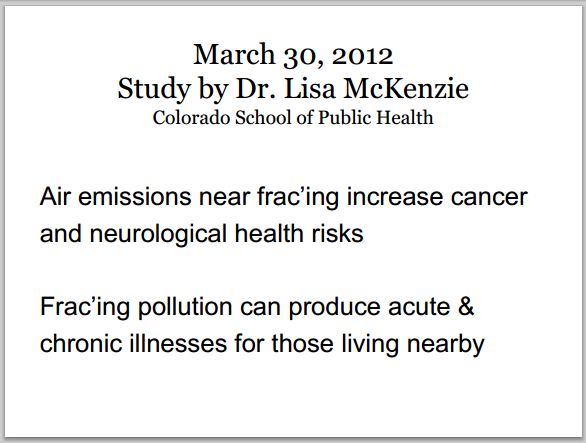Finding the link: More Ewing sarcoma research is needed, Not enough is being done to figure out what is causing the rare cancer’s high incidence rate in southwestern Pa. by The Editorial Board, Sept 20, 2019, Pittsburgh Post-Gazette
An alarming and disproportionate number of Ewing sarcoma cases have been reported in our corner of the world.
A cancer of the bone and soft tissue, Ewing sarcoma is extremely rare, with approximately 250 cases reported each year in the U.S. But Washington and Westmoreland counties have experienced a concerning number of diagnoses over the past decade.
Not enough is being done to figure out why.
As the Pittsburgh Post-Gazette’s David Templeton and Don Hopey have reported, at least six cases of Ewing sarcoma have been diagnosed in the Canon-McMillan School District in Washington County since 2008, while another 12 cases of the disease have been diagnosed in Westmoreland County since 2011.
Canon-McMillan also has 10 preschoolers and students who’ve been diagnosed with other types of rare cancer. One student died in February from astrocytoma, a form of brain cancer that is diagnosed only about 1,200 times annually.
The Pennsylvania Department of Health announced earlier this year that the concentration of Ewing sarcoma cases in these two counties did not meet the definition of a “cluster,” which requires a known link to an environmental cause. The cluster designation would have required further investigation from the U.S. Centers for Disease Control and Prevention.
No one knows what causes Ewing sarcoma. Because the cases in southwestern Pennsylvania have occurred in heavily fracked areas, some believe there is a relationship between Ewing sarcoma and natural gas production. Advocates for shale gas development, including the Marcellus Shale Coalition, have argued otherwise, noting there are no known scientific links between the disease and fracking.
Not enough is being done to account for the abnormal incident rate of Ewing sarcoma in this region. Even recent efforts to better understand the disease avoid this question. It was announced Tuesday that UPMC would be the beneficiary of a $100,000 state grant, secured by Reps. Jason Ortitay, R-South Fayette, and Tim O’Neal, R-South Strabane, to conduct genetic research on patients with Ewing sarcoma, but the study won’t examine potential causes of the cancer’s high-incidence rate in this area.
The residents of Washington and Westmoreland counties deserve an answer as to why their neighbors are being struck down by rare cancer at such a disproportionate rate. They have expressed their frustration. One hundred organizations and 800 people asked Gov. Tom Wolf in June to order the state health department to conduct an investigation of Ewing sarcoma’s cause. Mr. Wolf should revisit their request.
Meanwhile, the state House is expected to vote on a resolution urging Congress to direct the National Institutes of Health to conduct a comprehensive study on the causes of Ewing sarcoma. The gesture would be meaningful, but NIH shouldn’t need a symbolic resolution from the Pennsylvania House to muster the will for this critical probe.
Through all this inaction, those who have been diagnosed with Ewing sarcoma continue to suffer while other county residents live in fear they are residing in proximity to carcinogenic conditions. State and federal officials owe our region some answers.
Refer also to:
Ewing’s sarcoma takes another child in a frac field: “It’s the price you pay for deep love. It hurts.” Randy Stephen’s last wishes are being fulfilled: that his family help other families going through battles with childhood cancer
More than 100 orgs, 800 individuals push PA Gov. Tom Wolf to probe link between frac’ing and proliferation of childhood cancers; Ewing Sarcoma Presentation by Raina Rippel

